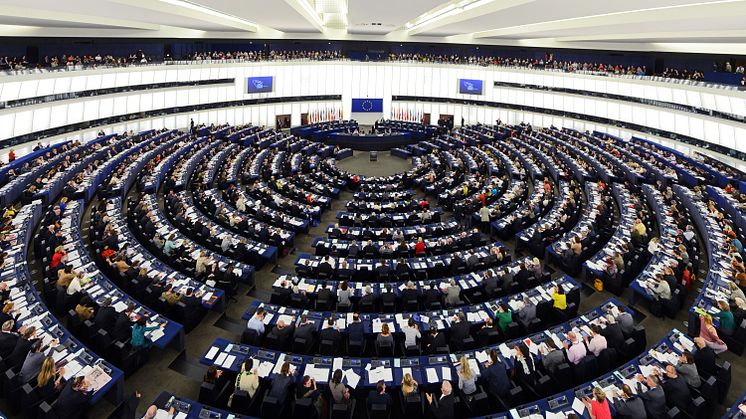New research provides clarity on convergence in Europe
Europe is back on track towards upward convergence, but some outliers remain.

Europe is back on track towards upward convergence, but some outliers remain.

Overall trust in institutions such as national governments, the legal system, the EU, and the media has rebounded in Europe following the recent economic recovery. However, in a number of the Member States most adversely impacted by the crisis, trust in national institutions has still not returned to pre-crisis levels.

Quality of life is improving in Ireland, particularly in relation to social cohesion, with the country recording some of the highest levels optimism in the EU and lowest reported levels of tension between racial and ethnic groups. However, a number of challenges remain, notably in public transport, childcare services, and social housing – all of which are rated below EU averages.

Eurofound Director Juan Menéndez-Valdés will present to the Oireachtas Joint Committee on EU Affairs at 14:00 GMT on Wednesday 12 December. The presentation will look at Ireland-specific data from the European Quality of Life Survey and European Working Conditions Survey.

There has been an overall improvement in the employment and social situation of people with disabilities in the EU, with more people with disabilities in employment and actively participating in society in 2016 than 2011. However, disabled people are still significantly less likely to be in employment than people without disabilities, and they remain among the most disadvantaged groups in Europe.

Implementing a living wage could play a significant role in offsetting the rise of in-work poverty across the European Union, according to a new report from Eurofound on the Concept and practice of a living wage in the EU.

Unemployment in the EU is continuing to fall, with the rate approaching its 2008 low point. This is good news: the Europe 2020 target of 75% employment in the working age population is now in sight for many Member States. However, as unemployment reaches new lows, the opposite problem is emerging – labour shortages

Across the EU, on average 66% of the workforce holds a permanent contract and enjoys the most favourable standards of job quality. But for those in non-standard forms of employment, is job status negatively impacting job quality? The short answer is yes.

Over the last decade, European labour markets have seen a surge in the number of older workers in work and a continuous decline in their unemployment rates. A lot of young and middle-aged workers lost their jobs in the Great Recession, but not so the older age group. This means they receive less policy attention, which is unfortunate for older workers who suddenly find themselves without a job.

Manual jobs in European manufacturing are being transformed as blue-collar workers take on more intellectual tasks. This is a consequence of the increasing use of digital tools and the growing importance of quality control in production.

This graph, taken from the latest European Restructuring Monitor (ERM) report, shows the announced job losses and gains since 2008.

Eurofound's latest report from the Quality of Life Survey looks at five key aspects of social cohesion including perceived social exclusion, perceived social tensions, interpersonal trust, participation in society and a sense of community. Collectively, these aspects have an important bearing on the well-being of citizens.
